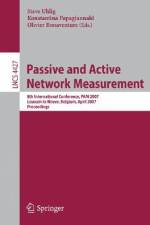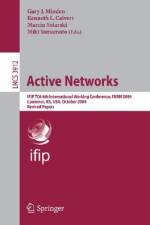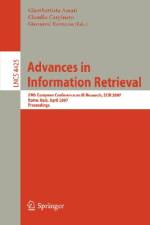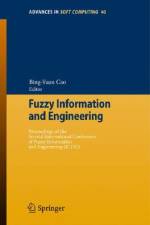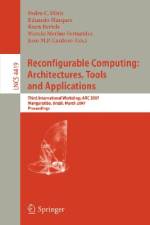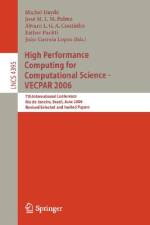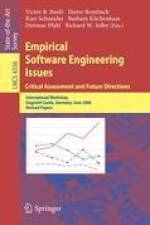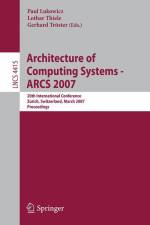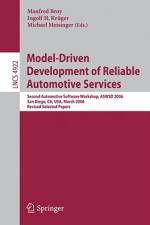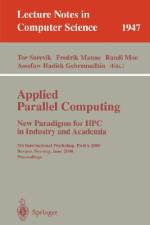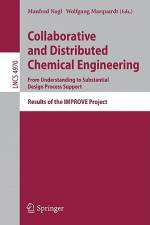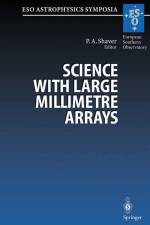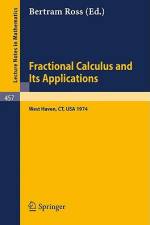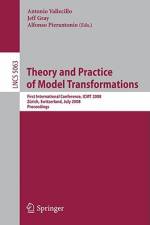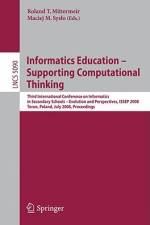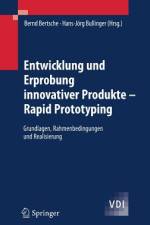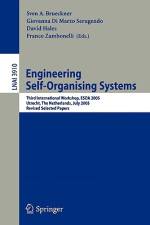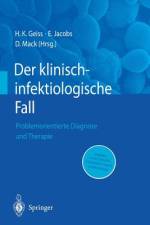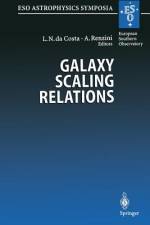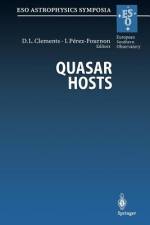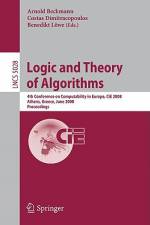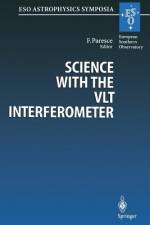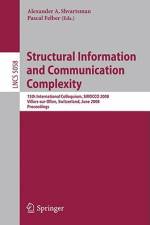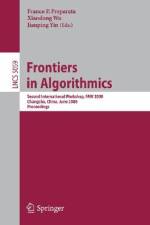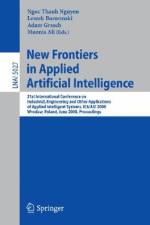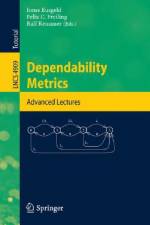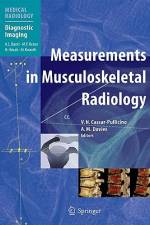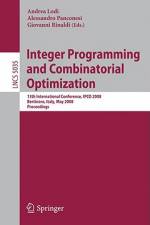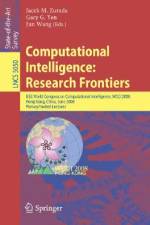- Second International Workshop, FAW 2008, Changsha, China, June 19-21, 2008, Proceedings
von Franco P. Preparata
59,00 €
The Annual International Frontiers in Algorithmics Workshop is a focused - rum on current trends in research on algorithms, discrete structures, and their applications. It intends to bring together international experts at the research frontiers in those areas to exchange ideas and to present signi?cant new results. The mission of the workshop is to stimulate the various ?elds for which al- rithmics can become a crucial enabler, and to strengthen the ties between the Eastern and Western algorithmics research communities. The Second Inter- tional Frontiers in Algorithmics Workshop (FAW 2008) took place in Changsha, China, June 19-21, 2008. In response to the Call for Papers, 80 papers were submitted from 15 co- tries and regions: Canada, China, France, Germany, Greece, Hong Kong, India, Iran, Japan, Mexico, Norway, Singapore, South Korea, Taiwan, and the USA. After a six-week period of careful reviewing and discussion, the Program C- mittee accepted 32 submissions for presentation at the conference. These papers were selected for nine special focus tracks in the areas of biomedical inform- ics, discrete structures, geometric information processing and communication, games and incentive analysis, graph algorithms, internet algorithms and pro- cols, parameterized algorithms, design and analysis of heuristics, approximate and online algorithms, and machine learning. The program of FAW 2008 also included three keynote talks by Xiaotie Deng, John E. Hopcroft, and Milan Sonka.

